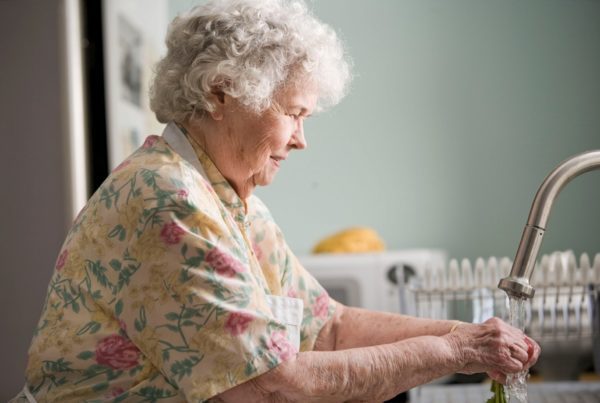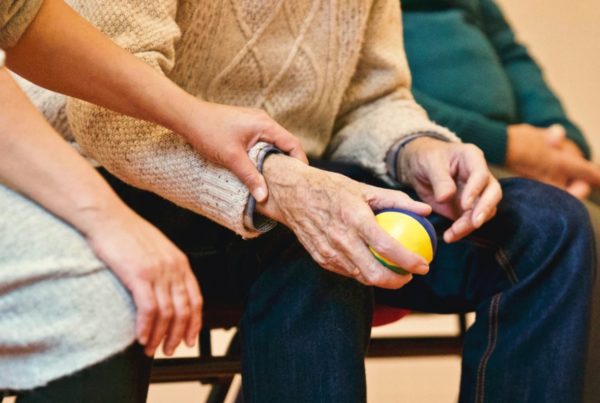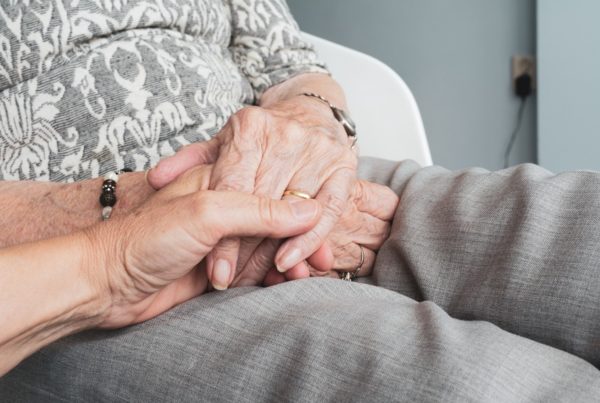Used for quite a while in Europe, sensory stimulation for patients with dementia have proven to be very successful.
Using the senses can be used effectively to bring back long forgotten memories, connecting dementia sufferers with the world around them as well as creating an environment of comfort, safety and wellbeing.
The Senses
By utilising the senses, care workers and family members have found that dementia patients have responded better to treatments, people and their surroundings as well as generally feeling happier.
Not only is sensory stimulation used for dementia patients, it is also used to help other conditions such as:
- Alzheimer’s
- Autism
- Brain injuries
- Chronic pain
Using the senses
Hearing – it is a well known facts that music has many healing properties with numerous stories of elderly patients getting up and dancing upon hearing particular music. The impact and effect of music can be extremely relaxing and calming. Natural sounds like the sea, rainfall and birds singing can all provide dementia patients with a calming and tranquil surrounding.
Playing music and incorporating instruments, such as a light tambourine, a triangle or finger cymbals are also a great way to encourage the patient to connect with the music.
Low level exercise can also be done to music and that is a great time to play some generation-based music – music from the decade the patient was born upwards.
Sight – visual stimulation can be very powerful for dementia patients. The eye is the most complex organ in the body after the brain. Using light therapy lamps can aid with sleep patterns and help with severe mood swings. Natural light helps with the vitamin D and will help to make the patient feel healthier. Enhance natural light sources with stained glass panels or trinkets to bring some colour into the room.
Art and photographs are particular stimulants that can help with memories and discussions.
Dexterity toys like a Rubik’s Cube helps to engage the eyes and the brain and encourages motor movements which in turn will promote a happy sensation.
Smell – stimulating the senses of smell can provide some of the strongest memories because many memories are linked with smells but can also prove to be highly relaxing.
Natural aromatherapy oils such as lavender, lemon balm, rosemary and peppermint all have their own healing properties but are all equally relaxing and can work to help improve concentration and general state of mind.
A pillowcase or teddy bear fragranced with scents from home often can be very calming too.
Fresh flowers have their own delicious scent that could be introduced into a dementia patients’ room as can the smell of freshly baked bread, cookies and a roast dinner.
Taste – the sense of taste does become less acute as a person gets older, but certain tastes will bring back memories or lead on to a conversation. Herbal teas are especially good at injecting some flavours, as well as being natural and calming. Care does need to be taken with some herbal teas though as the ingredients could interfere or react with medication taken. Camomile tea before bed for example is proven to help relax and unwind, leading to better sleep patterns.
Touch – using a variety of textures can stimulate the mind as well as encourage interaction with a dementia patient. Using items that are hot and cold, smooth and rough, hard and soft for example can encourage motor movement as well as a conversation.
Touch in the form of a body massage with some calming and relaxing aromatherapy oils also works well.




